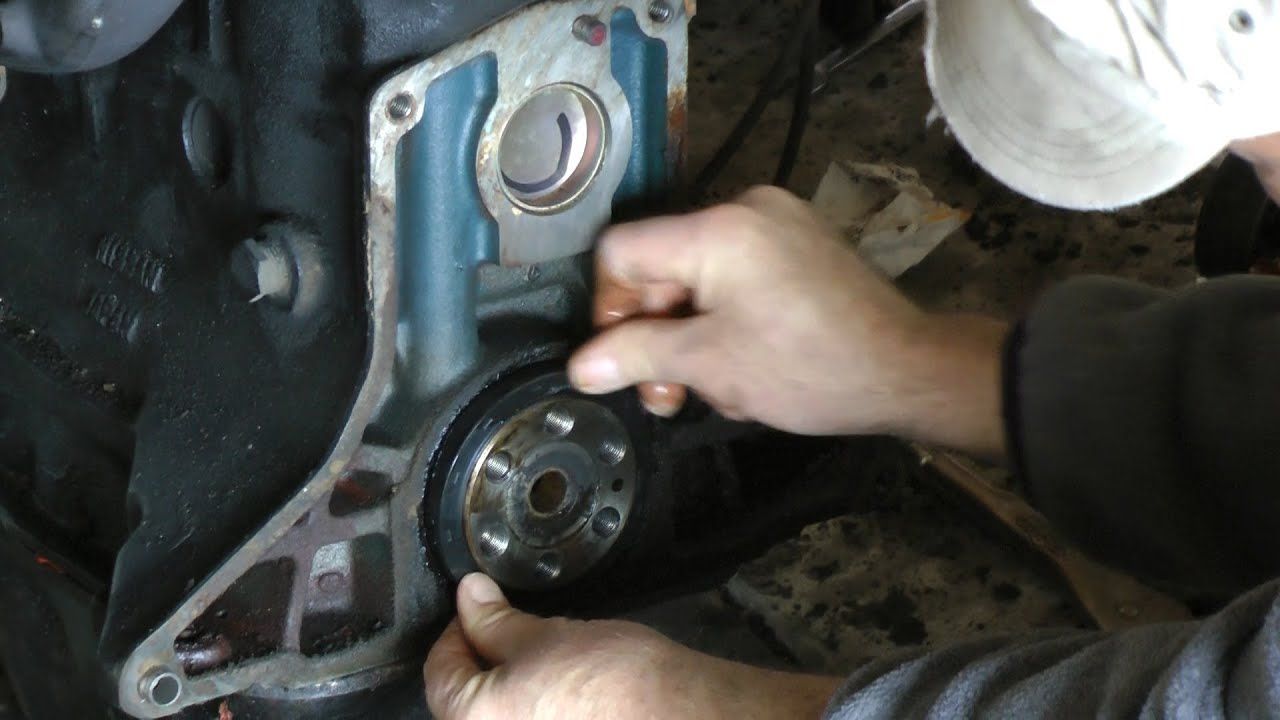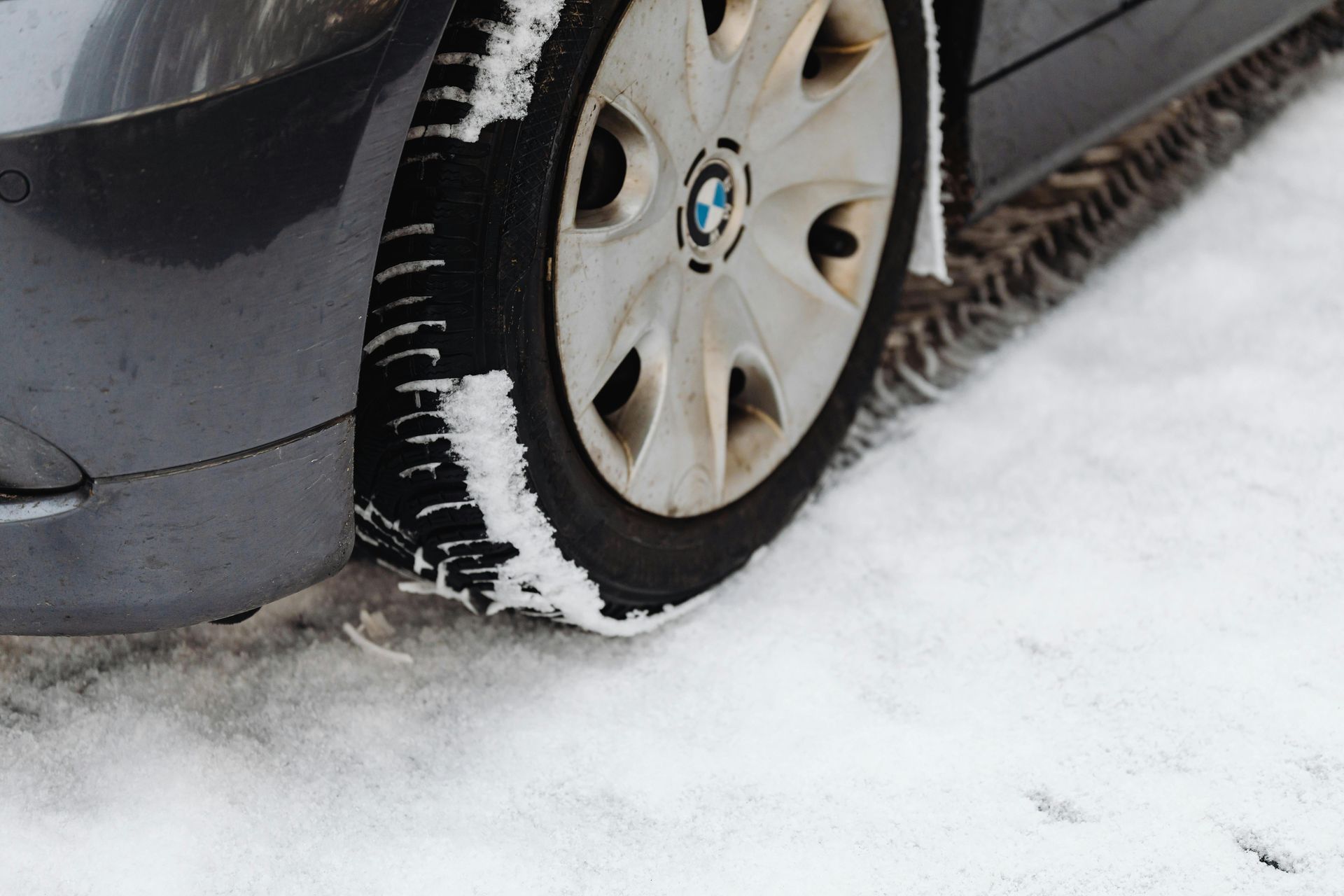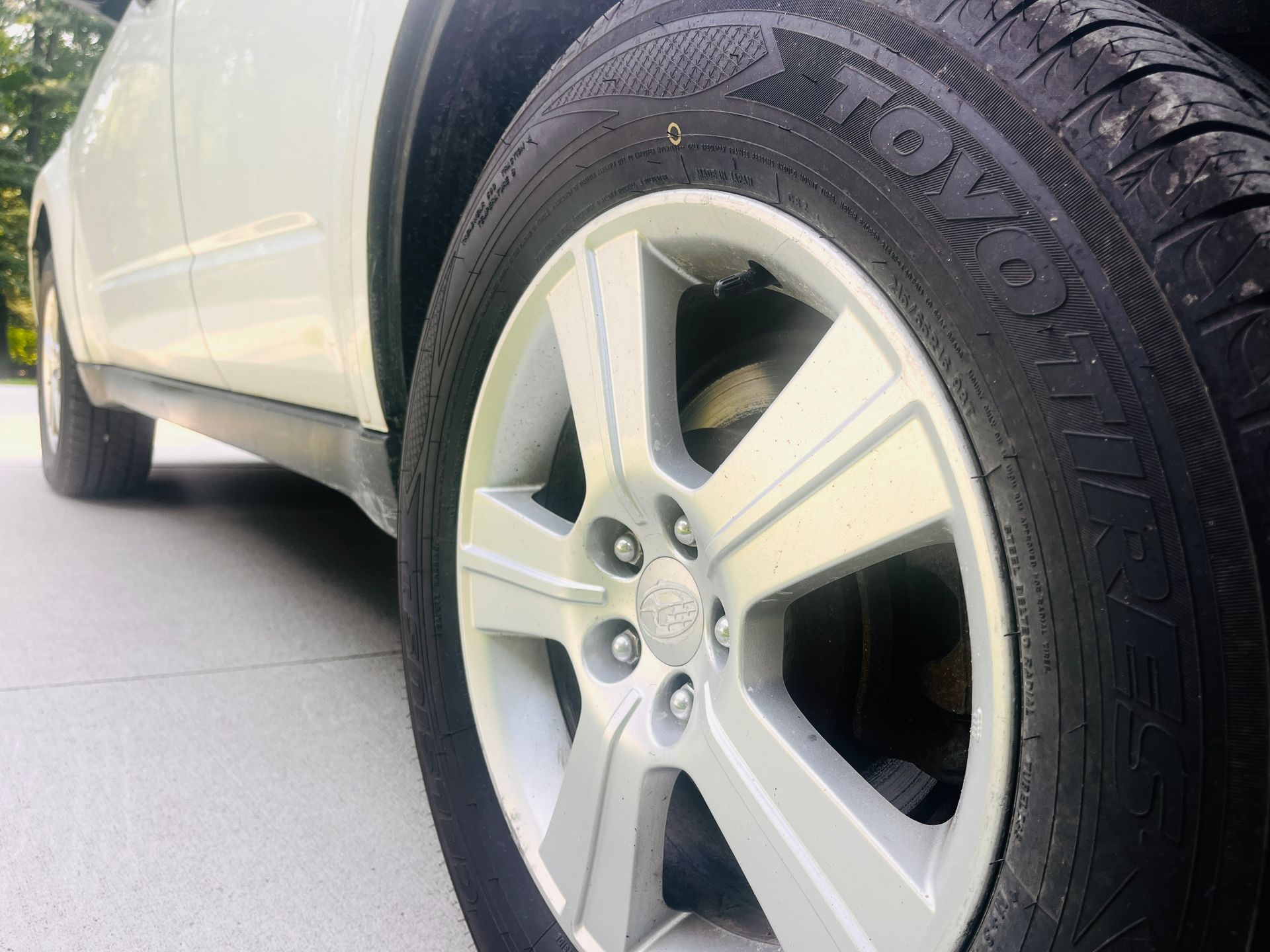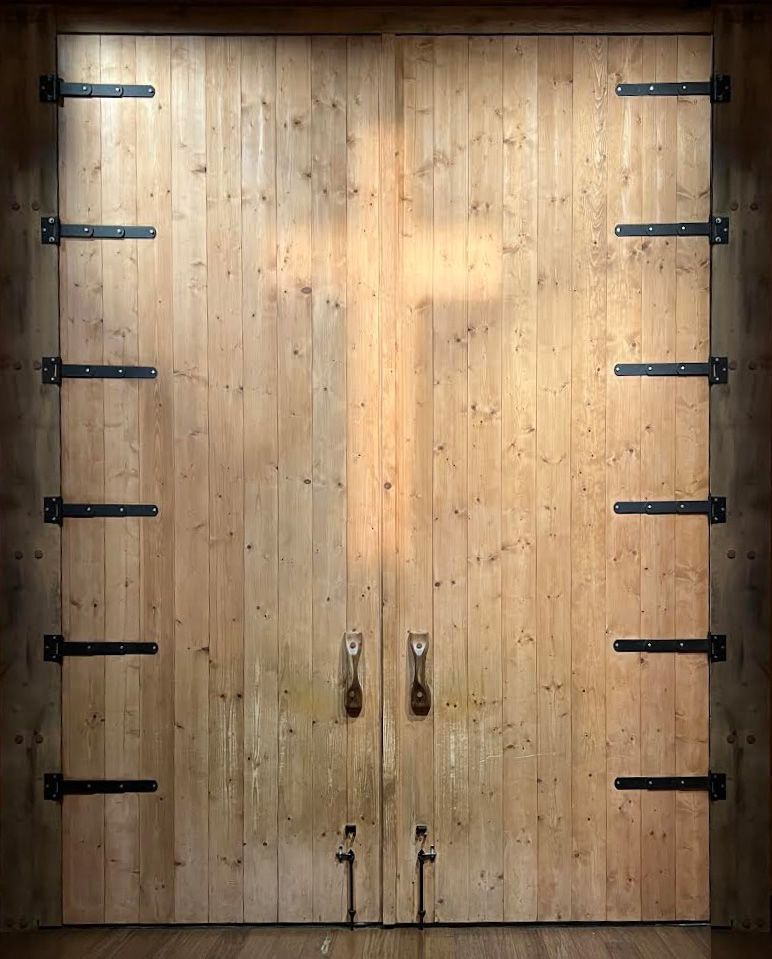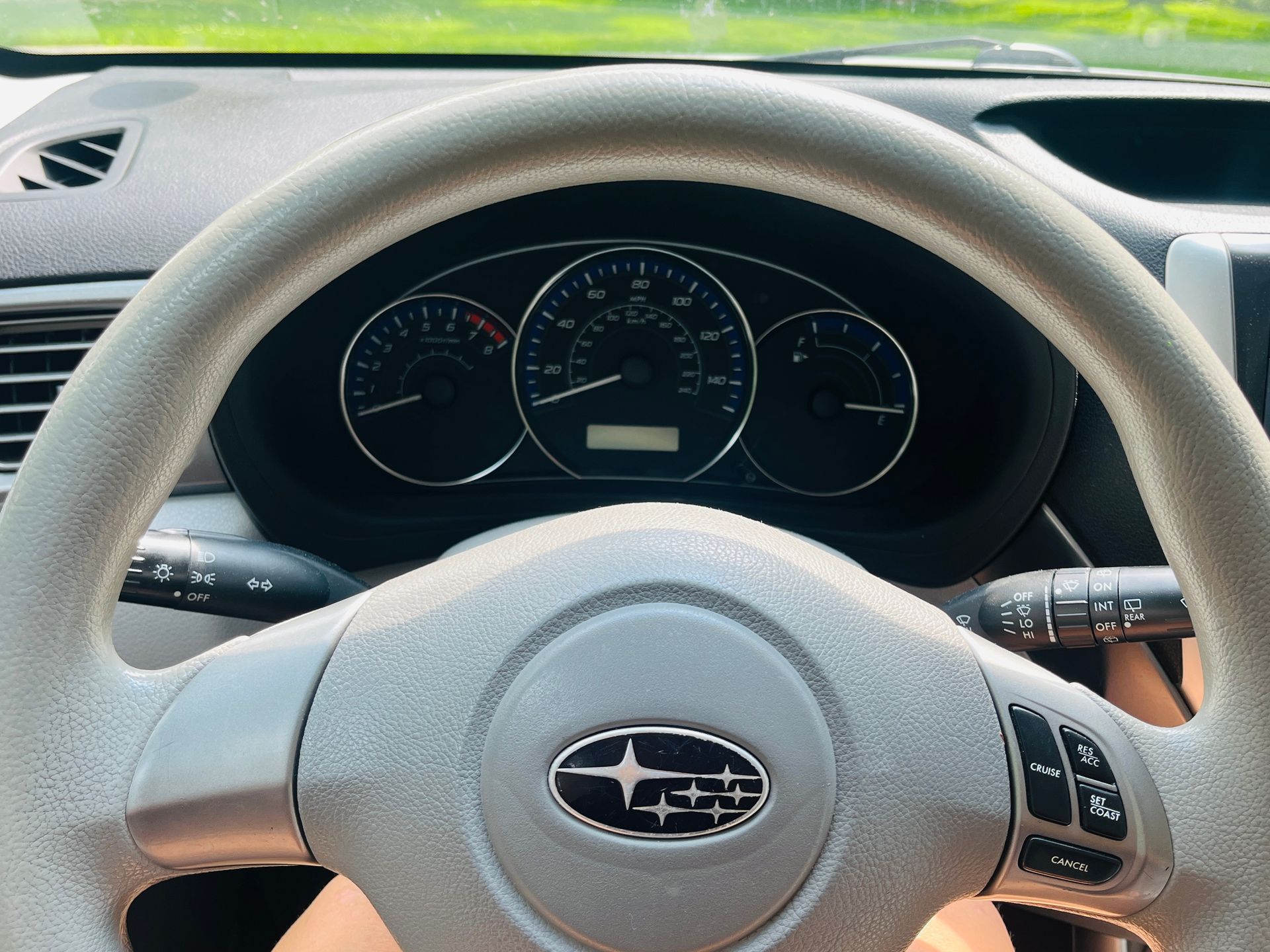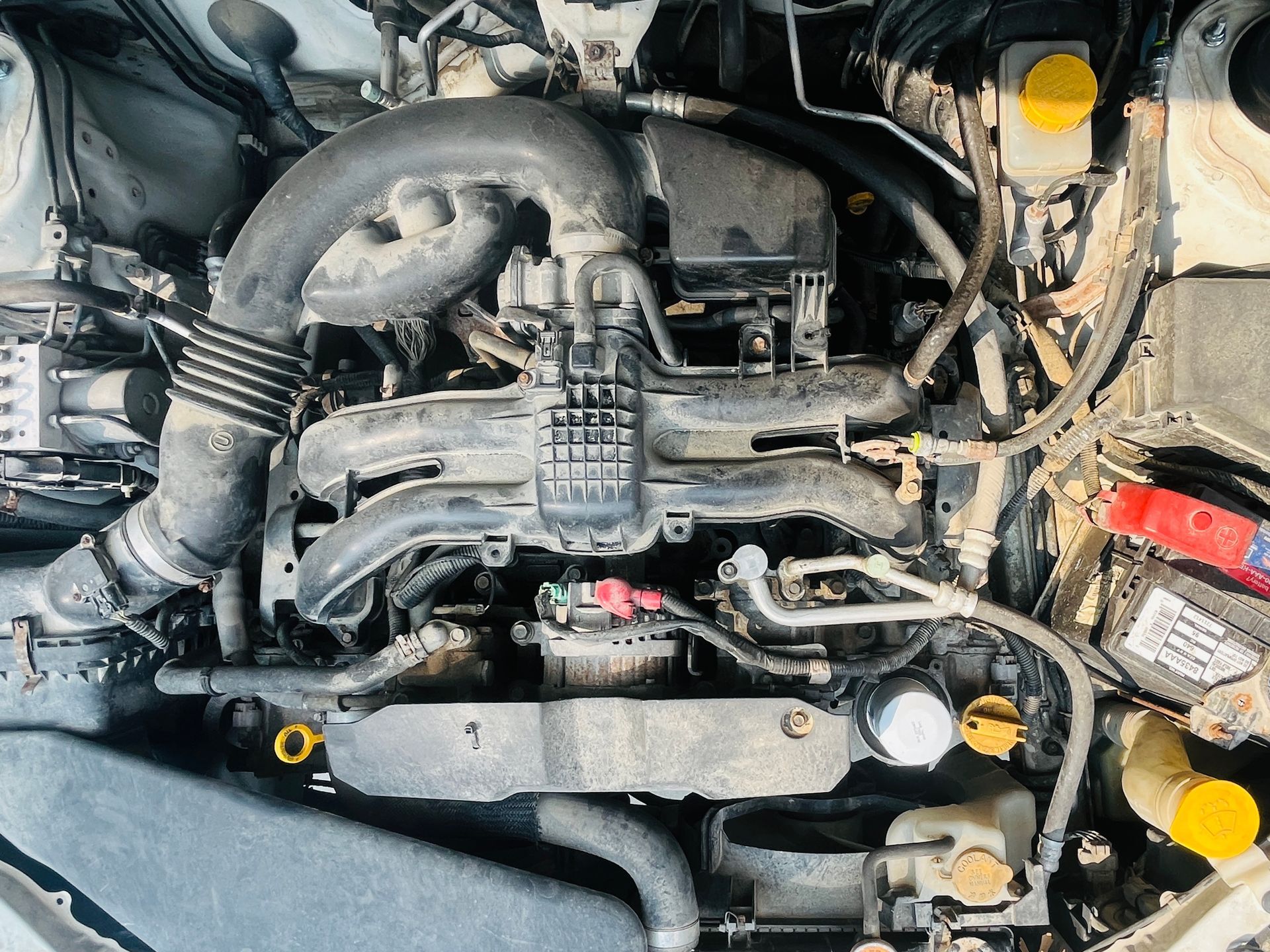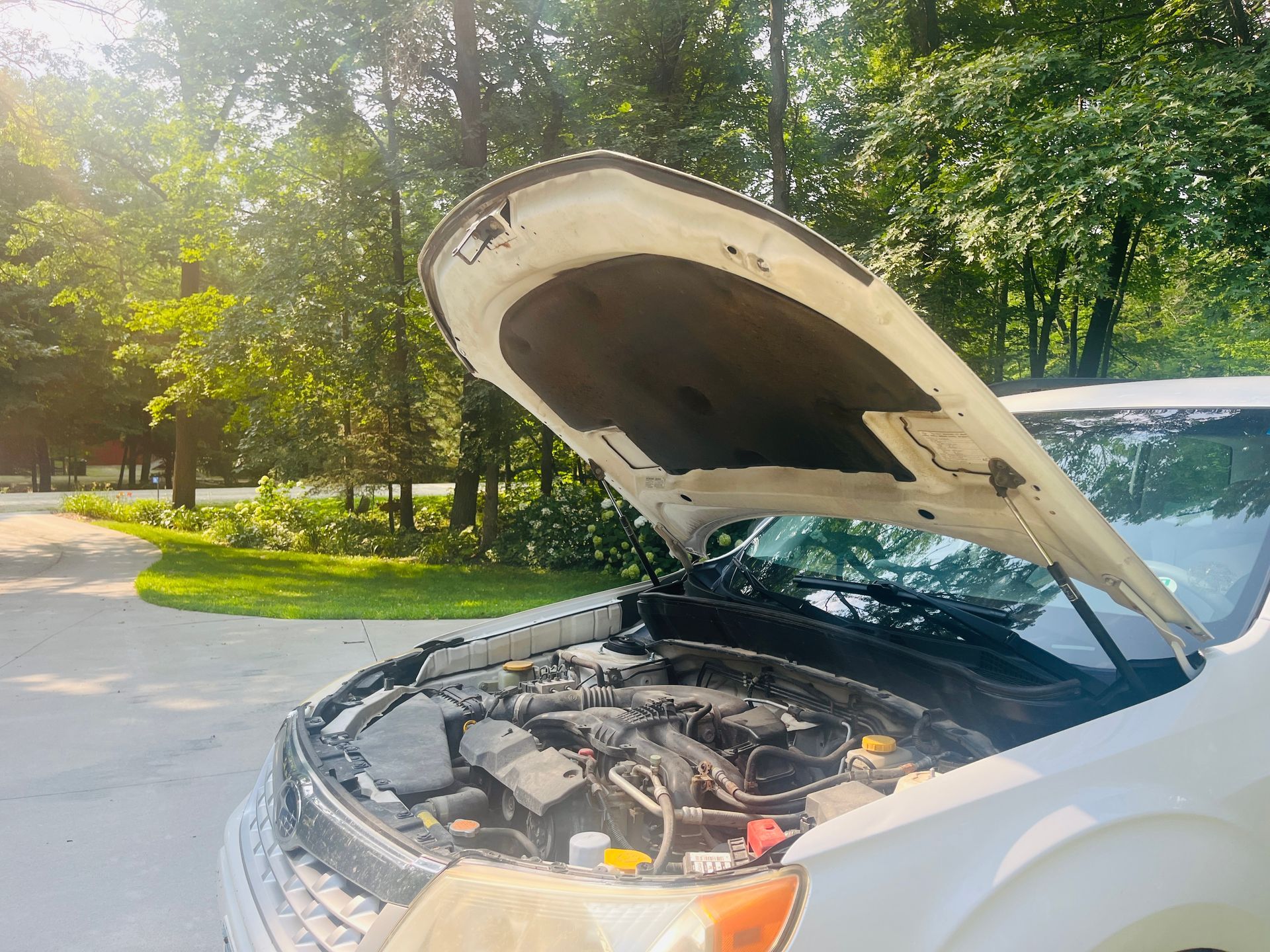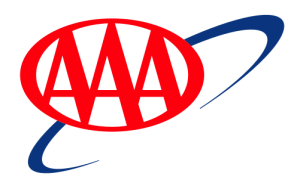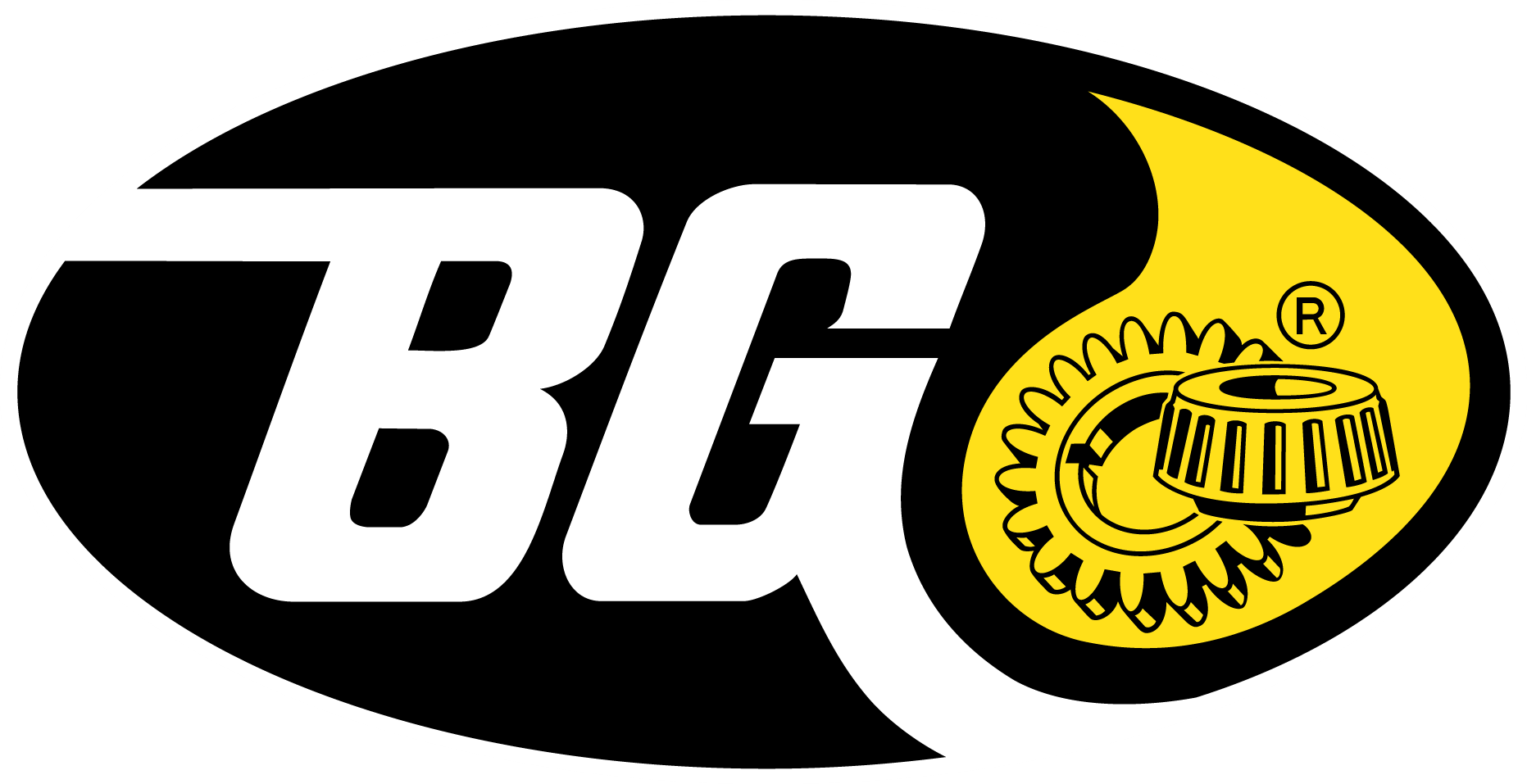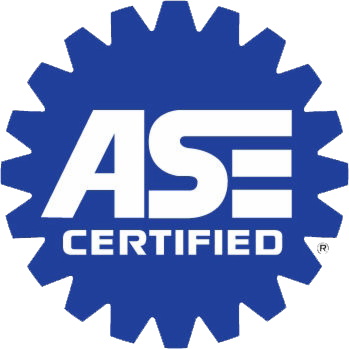What filters to change in your car
March 19, 2021
Have you ever considered how words of old have changed over time to mean more things than what they used to? Let’s take the word “filter” for instance.
In 1993 I purchased a large brown, Deluxe Edition Webster’s dictionary, complete with gold gilding. It was thought to be one of the best dictionaries on the market (or so the salesman told me) so I was pretty thrilled to have it. And back then, I used it often.
Over time, however, my trusty, treasured dictionary became less and less used as the world-wide-web became a thing and I could look up anything I wanted with a few clicks on my keyboard. But today, I unearthed my old Webster, finding that its pages have yellowed significantly, almost matching the gold gilding. I thumbed through it, mentally reciting the alphabet in my head multiple times until I came to the word “filter”.
I found that the old meaning of “filter” was extremely detailed and thorough with explanations from something that filters substances to electrical current filters to a filter one uses on a camera. It also included filter as a verb as in passing liquids through it, separating matter, to simply “pass-through”, and move slowly or leak out, as in the news.
From Webster’s on the internet, the meaning is less detailed and more concise with added meanings as the word has evolved to include something that has the effect of a filter as in modifying the appearance of something (not just a filter on a camera) and software for sorting and blocking access to certain material online.
This word has become so plump with meaning that I find myself “filtering” all of the time. Do you use it more often now too? There are so many applications—and many have the capacity to become bad if you don’t choose good ones and change them when needed. Let’s first explore the filters in our vehicles.
Do you know the filters in your vehicle? Do you know their benefits and why you should change them regularly? Do you change them according to manufacturer recommendations so that they don’t become bad and dysfunctional?
Your vehicle has four main filters: the air filter, cabin air filter, oil filter, and fuel filter. Their function is to enable flow and catch contaminants and impurities.
Air Filter
The job of an air filter is to deliver fresh, clean oxygen to the engine in order to properly aid in the combustion process. It filters out insects, particles, dust, sand, or any debris before it reaches the engine. Quality clean air supports maximum power, saves on fuel, and prevents other problems from developing.
Manufacturers vary on air filter replacement recommendations; however, most vehicles should have them changed every 12,000 to 15,000 miles. That being said you must also take into consideration other factors that can make filters dirtier faster and may warrant more frequent replacement like hot weather, idling in heavy traffic, driving in dirty or dusty conditions, or towing heavy loads.
If your air filter hasn’t been changed in 3 years, you notice decreased gas mileage, you are experiencing ignition problems, or your air filter looks dirty, these are all great reasons to replace the filter now. A prolonged reduction in airflow due to a dirty/clogged filter can lead to fouled spark plugs which can create engine misses, rough idling, starting problems, and may lead to other problems that are more costly to fix.
Cabin Air Filter
The cabin air filter’s job is just as its name suggests—it filters the air (dust, pollen, and other particles) that comes into the cabin of your vehicle so that you can breathe clean air. A clean cabin air filter prevents you from having to breathe any contaminations that might otherwise come through and allows adequate airflow to maximize the life of your heating, ventilation, and air conditioning system.
Typically, replacement of the cabin air filter is recommended every 30,000 miles. Of course, if there are circumstances that possibly warrant earlier replacement (like living on a dirt road or noticing a foul order), it is always wise to replace it or at the very least, check it sooner than 30,000 miles.
It is important to note here that mice have an affinity for both the air filter and cabin air filter. They seem to be drawn to the lovely atmosphere inside your vehicle and on top of the accordion-style filter where they choose to set up a cozy house of their own. There have been many occasions where one of our mechanics will find upon a general inspection or in the diagnosis of a problem that not only is the filter clogged, but it is clogged greatly from a mouse nest. This is why it’s important to not only change your filters on a regular basis but check them or have them checked periodically.
Oil Filter
The oil filter removes contaminants (dirt, oxidized oil, metallic particles, etc.) from the oil to purify it and keep the engine functioning at its best. Just as there are different quality levels of oil (conventional to full synthetic), there are also different quality filters. The quality oil filter you choose should mimic the quality oil you choose as it needs to be designed to remove contaminants for a longer period of time just as the higher quality oil is designed to do a better job for a longer period.
If you are using conventional oil, a basic filter may be just what the doctor ordered because you will be sure (hopefully) to change your oil at 3,000-mile intervals and the filter is likely rated to do well for that shortened period of time. However, if you use a high-quality full-synthetic oil known for its longevity yet you choose to couple it with a basic oil filter—not designed for the long haul, the filter will not be able to perform its job well for the extended time interval.
Just like with most material things in life, you get what you pay for. Recently I heard the phrase “good stuff ain’t cheap and cheap stuff ain’t good”. It holds true in this scenario. Generally speaking, the more money you spend the better the filter is. Lower-cost oil filters can contain light-gauge metal, loose filter material, and even poor-quality gaskets that can lead to failure. The better ones are designed to filter smaller debris better and last longer.
Here’s the way I look at it, if I spend the extra money for the better oil that will last longer, I am going to spend the extra money to protect the better oil. Yes, the cost will increase in this scenario. But if my goal is for the best protection of my engine for increased life and also an increased oil change interval, it seems to me that in the long run, I am saving. Wouldn’t you agree?
Fuel Filter
The fuel you put into your vehicle is clean but not as clean as it needs to be for your fuel system. That is why the fuel filter was designed. It removes the impurities that we may not see with the naked eye but are there none-the-less. By eliminating the contaminants in the fuel, the fuel filter protects the intricacies of your fuel system like the fuel injectors. It also plays an important role in maintaining the performance and longevity of your engine.
The general rule of thumb is to have your fuel filter replaced every 2 years or 30,000 miles. If you are concerned about its condition, you can have your mechanic do a fuel pressure test to assess its health. However, if you are replacing it on a regular basis, chances are, it’s doing its job well.
Enough with the filters for our vehicles. What a boring subject—especially if you are a rule follower and change them at the recommended intervals because if you do, your vehicle will run at its best, saving you money at the pump and preventing costly repairs, and you will be a happy motorist. Certainly, it will be anything but boring if the opposite is true as you may be left with a sick vehicle, bad-smelling air, costly gas and repairs, and a giant headache. In the case of vehicle filters, my advice to you is—be boring and predictable.
Here’s a fun filter to consider—the filter of our tongue (or lack of filter). In this day-and-age, it seems so many people feel that they are free to say anything they want, no matter who it hurts, who it discriminates against, or who it affects negatively on any level. Some say whatever they want to people in public and in private, anonymously on the internet as they type their free thoughts out, and people even talk to themselves in negative ways. Oftentimes they don’t consider the consequences that might come to them or others. Surely, we all have the ability to say anything we want to anyone, anywhere, and for any reason. But should we?
There are also other filters that affect the filter of our tongue. Let’s explore a few.
Our Story Filter
We all have pasts—many are colored with unfortunate circumstances that have affected our lives so deeply that the way we are today is a direct result of what happened previously in our lives. If there were difficulties, especially ones we have not processed, dealt with, or healed from, they have the ability to clog our filters and affect our tongue filter in not only how we respond to others but how we see ourselves. We have even allowed debris to build up and affect us in deeper ways, from having a negative outlook in life, to negative self-talk, and some of us may have even fallen into addiction(s).
Our View Filter
Most of us use another filter—the filter of sifting any subject through our views, perceptions, and the opinions we have formed over time. This can range from old opinions we’ve had and continue to claim, like where we stand on politics, to a newer opinion of where we stand with masks, and everything in between. We take these pre-decided filters and sift everything we hear and see through them. Oftentimes, these filters prevent us from being unbiased and inhibit us from seeing different subjects from other people’s points of view or even looking at facts with an open mind. With the passion created in this filter, it has the ability to affect the tongue filter greatly.
Our Selfie Filter
This is a new type of filter I have seen used more and more. Have you seen it used? Do you use it yourself?
Two years ago, my husband and I visited our niece, Annie in Texas. Having not seen her in a few years, it was a lovely time of reconnection and wonder as we got a new glimpse into who she has become … beautiful on the inside and out!
In light of this and the fact that in many of the past pictures she posted of herself on Facebook were altered with filters, I asked her why she used filters. She told me that it made her look better. I disagreed – it made her not look like her. The filter softened everything, so much so that I barely recognized her in the pictures.
In an effort to help her see her beauty and refrain from doing this so that she could embrace her authentic self, I asked her to stop filtering for a couple of months and she agreed. Soon after she sent me a selfie without a filter—she is a show-stopper! A couple of weeks later, I checked in with her via text to find out how it was going (I am not on the social media platform she most often posts to) saying “Have you been posting your beautiful face without filters since we were there?” Her answer warmed my heart, “Indeed I have:) I think I like it more”.
You see, these new selfie filters greatly affect the tongue filter in what we are saying to ourselves by altering the beauty God gave us and trying to make it “more beautiful” in the world’s eyes. This filter ceases to allow us to embrace our authentic self and in many cases, it even furthers negative “selfie-talk” about more than just our outward appearance.
Which of the above filters do you use most? Have you ever stopped to consider if they are clogged and need changing? Might you consider replacing them with new filters?
From experience, with years of searching for help and then healing, the only way I have been able to change my story, view, and selfie filters is to continually use an old filter—older than my gold-gilded Webster's dictionary. I incessantly use the God-filter.
By sifting and filtering everything in our lives and the world around us through the God-filter, something amazing happens. Our vision clears. We are able to heal from the negative parts of our stories and see how God makes beauty from ashes—using the difficulties to grow us to be more like Him. We are able to change our views by having God’s views which is clear in His Word for us to follow and have good lives. And we are able to see ourselves through His eyes, embracing our unique beauty so that we can live for Him and others will see His radiant beauty in us instead of the outward selfie-filtered worldly beauty we portray.
In addition, applying the God-filter, changes the tongue filter. It makes us want to be kind and serve others just as He came to serve. It makes us want to expose truth as we shine His light on every part of our lives and the world around us. It makes us not deeply critique what is on our outsides for beauty is found within and it is from that place that we can beautify this world in the unique ways God has equipped us for.
And so I wonder, is it time to change some filters in your life? I invite you to take my earlier advice with filters by being boring and predictable for great vehicle health and also I encourage you to consider my advice on activating the God-filter—for He has the power to keep out contaminants and catch the impurities (from the past and future) in order to live our best lives.

